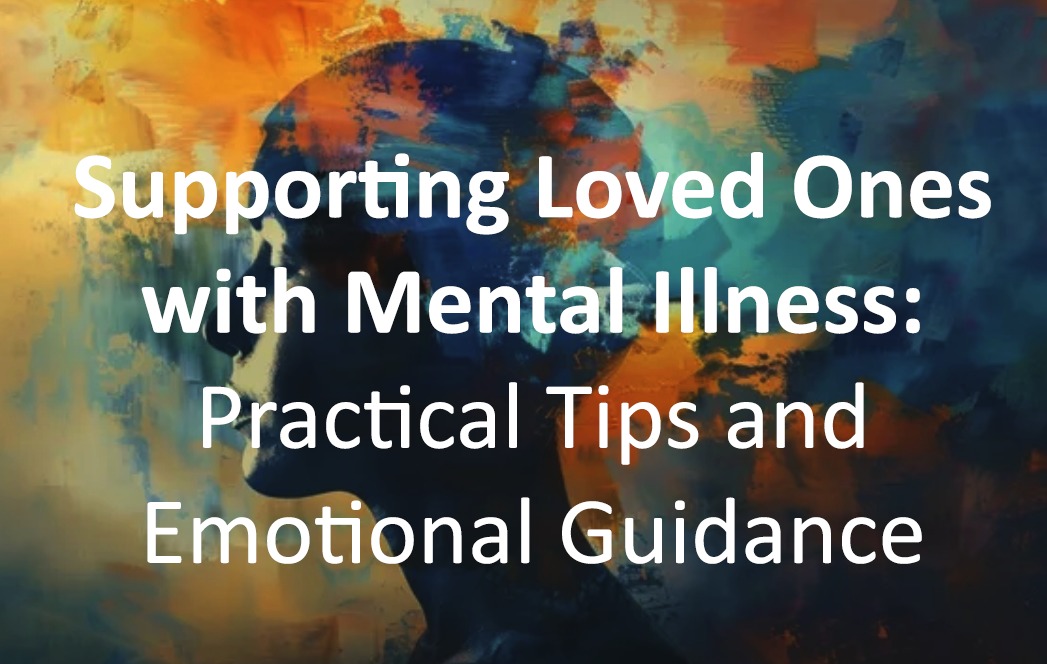From the outside, he looks steady, maybe even unshakable. But inside, many men are quietly breaking under the weight of pressure they’ve been conditioned not to speak about.
Burnout doesn’t just live at the office. It’s in the long stares at the kitchen table. The snapping at small things. The “I’m good” that’s masking exhaustion.
This is the reality for millions of men, fathers, brothers, sons – who feel like they can’t fall apart, even when everything inside is asking them to rest, reset, or reach out.
The Unseen Strain
While mental health conversations have made progress, men still lag behind when it comes to getting support. Why?
Because many men aren’t just taught to stay strong – they’re taught to stay silent. Vulnerability, for generations, has been equated with weakness. So instead of saying “I’m struggling,” many men say nothing at all.
This quiet suffering shows up in troubling ways:
- Irritability or emotional withdrawal
- Overcommitting to work or responsibilities to avoid feelings
- Increased substance use
- Physical symptoms of stress – chronic pain, insomnia, fatigue
And often, these signals are ignored by others and by the men themselves.
The Role of Family & Society
Men are not just individuals, they’re woven into the lives of those around them.
- A father who never talks about stress teaches his son that emotions are private burdens.
- A brother who bottles everything up becomes harder to reach, even when you know something’s off.
- A son who sees masculinity as performance, not presence, grows up fearing softness in himself.
But here’s the truth: strength isn’t stoicism. Real strength is being human. And humanity includes emotion, doubt, and the need for connection.
Breaking the Cycle: What Needs to Change
- Normalize Emotional Check-ins Between Men
Ask a mate how he’s really doing—and don’t accept “fine” as the final answer. Be the space where real conversations can happen, without judgment. - Redefine Strength in Male Culture
Strength is accountability. It’s being able to say, “I need support,” and still know you’re worthy. Let’s stop rewarding emotional numbness and start celebrating emotional honesty. - Make Mental Health Resources Visible, Not Shameful
Therapy isn’t a last resort—it’s a proactive tool for better living. And it’s for everyone. Speak about it like you would a gym membership or doctor visit. - Model Emotional Openness for the Next Generation
Whether you’re a dad, uncle, coach, or teacher—how you handle your own emotions teaches young boys what’s acceptable. Let them see you talk about stress, joy, sadness, and everything in between.
So if you’re reading this and feeling like you’re carrying too much – pause. Breathe. Ask for help.
Not because you’re failing, but because you’re human. And humans aren’t meant to carry everything alone.
If you would like to talk to a professional, call 718 313 4357 or go to: bcsnygroup.com/appointments




